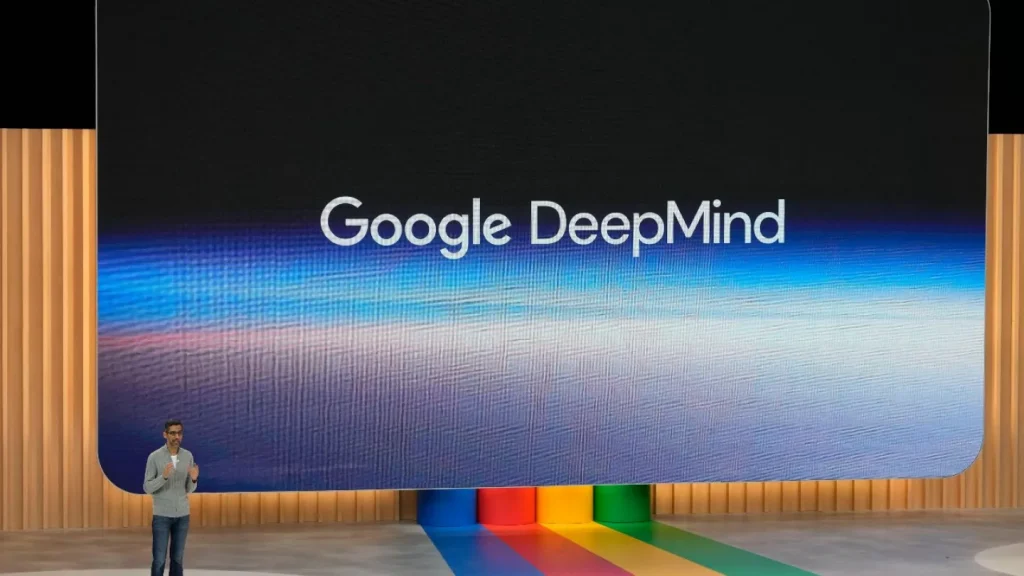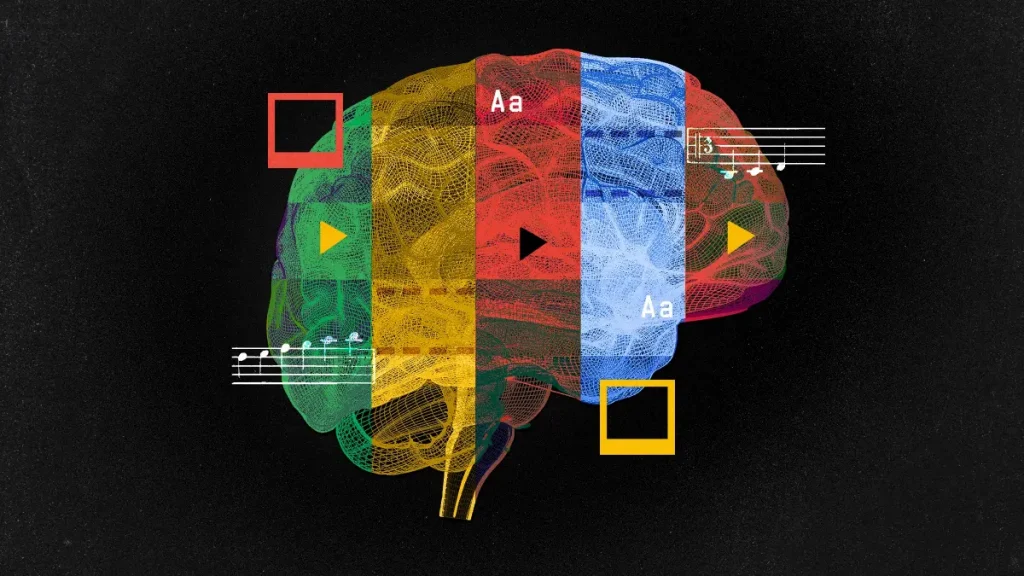- Gemini is Google’s latest large language model that aims to compete with OpenAI’s GPT-4, offering a multisensory experience with its ability to understand and interact with video and audio.
- Google claims that Gemini outperforms GPT-4 in 30 out of 32 benchmarks, with its strong suit being multimodality. It is expected to be integrated into various Google products, including the search engine, ad products, and Chrome browser.

What happened?
Google’s CEO, Sundar Pichai, has announced the launch of Gemini, a new large language model that aims to compete with OpenAI’s GPT-4. Gemini is a versatile AI model that is expected to have a significant impact on various Google products. It comes in three versions: Gemini Nano, a lightweight model for Android devices; Gemini Pro, a more powerful version for Google AI services and Bard; and Gemini Ultra, designed for data centers and enterprise applications. Gemini stands out for its ability to understand and interact with video and audio, offering a multisensory experience. Google claims that Gemini outperforms GPT-4 in 30 out of 32 benchmarks, with its strong suit being multimodality. The model is expected to be integrated into Google’s search engine, ad products, Chrome browser, and more. With Gemini, Google aims to reclaim its position in the AI landscape and make significant strides in generative AI.
Also read: Is WhatsApp’s new ‘original quality’ share feature a good thing?
What do people think?

1. Google’s Gemini is seen as a significant leap forward in AI technology and is expected to have a major impact on all of Google’s products.
2. Gemini’s ability to understand and interact with video and audio sets it apart from OpenAI’s GPT-4, giving it an advantage in 30 out of 32 benchmarks.
3. The integration of Gemini into Google’s search engine, ad products, and Chrome browser is seen as the future of the company.
4. Gemini’s multimodality, combining text, images, video, and audio, is considered a powerful feature that will enhance its capabilities.
5. The potential for Gemini to improve coding and brainstorming tasks is seen as a killer application for the model.
1. Some concerns exist regarding the biases and problems that Gemini models may still have, despite their advancements.
2. The true test of Gemini’s capabilities will come from everyday users, and it remains to be seen how well it performs in real-world scenarios.
3. While Google claims to prioritize safety and responsibility, there are inherent risks in launching state-of-the-art AI systems that may have unforeseen issues or attack vectors.
4. Gemini’s release is being approached cautiously, indicating that there may still be uncertainties and potential challenges to overcome.
5. It is uncertain whether Gemini will be able to catch up to OpenAI’s ChatGPT, which has already gained significant popularity and recognition in the AI industry.
Also read: ExpressVPN releases a new native VPN app for Apple TV
What the future?

1. Integration into Google’s ecosystem: Gemini is expected to be seamlessly integrated into various Google products, including the search engine, ad products, the Chrome browser, and more. This integration will enhance user experiences and provide more accurate and diverse responses.
2. Expansion to multiple languages: While Gemini is currently available only in English, Google has indicated that it plans to expand its language capabilities to include other languages in the future. This will make Gemini more accessible and useful to a wider global audience.
3. Advancements in multimodality: Gemini’s ability to understand and interact with video, audio, and other sensory inputs is expected to improve over time. Google aims to enhance Gemini’s capabilities by incorporating additional senses, such as action and touch, which could have implications for robotics and other related fields.
4. Enhanced performance and reliability: Google acknowledges that Gemini models still have limitations, including biases and occasional hallucinations. However, the company is committed to ongoing research and development to address these issues and improve the overall performance and reliability of Gemini.
Gemini’s future holds immense potential for Google. As the model continues to evolve and improve, it is expected to play a crucial role in shaping the future of AI-driven products and services, and further solidify Google’s position in the AI industry.

